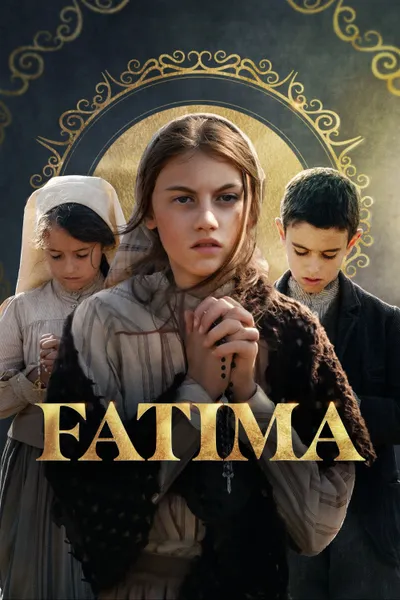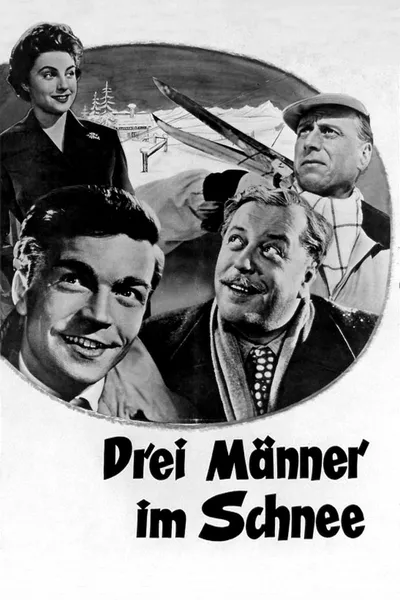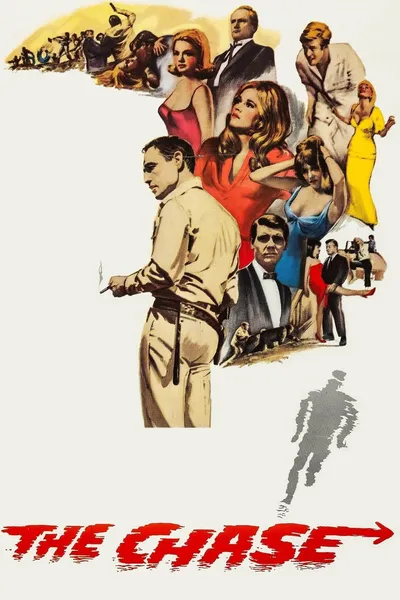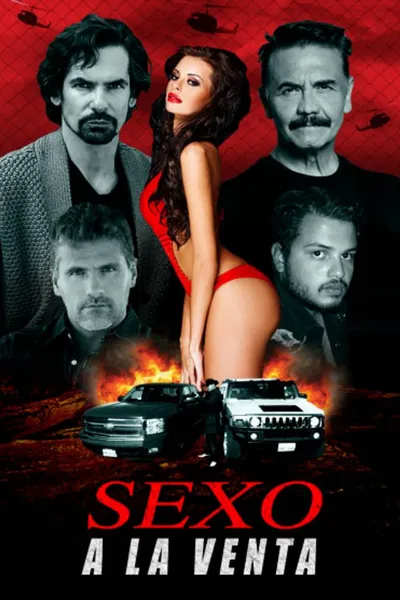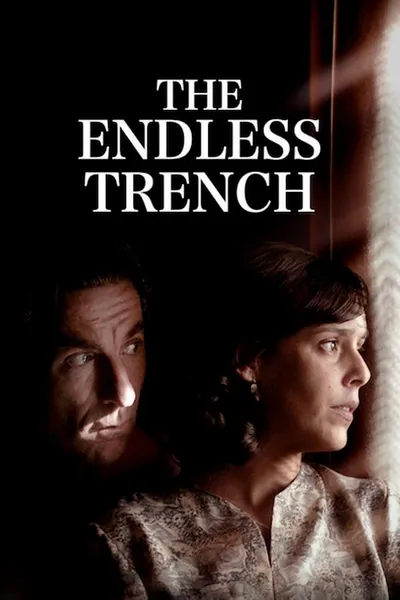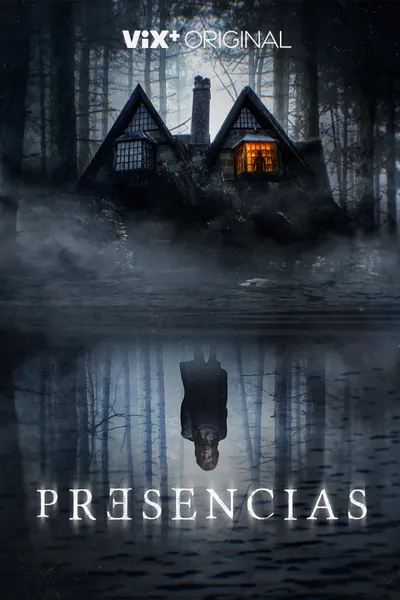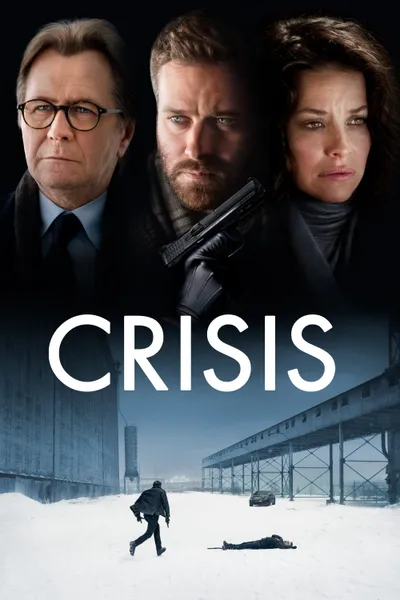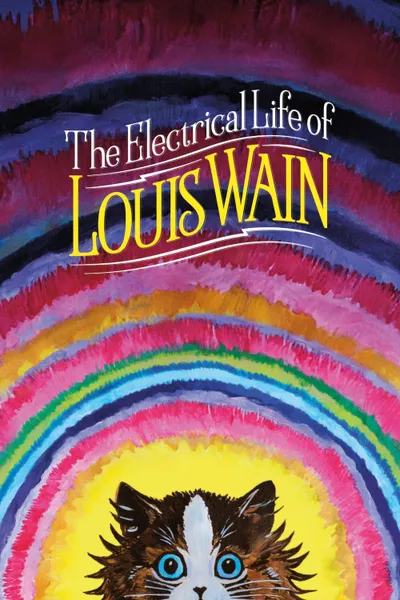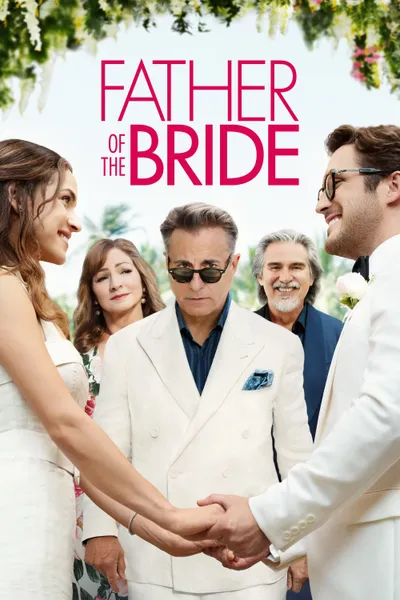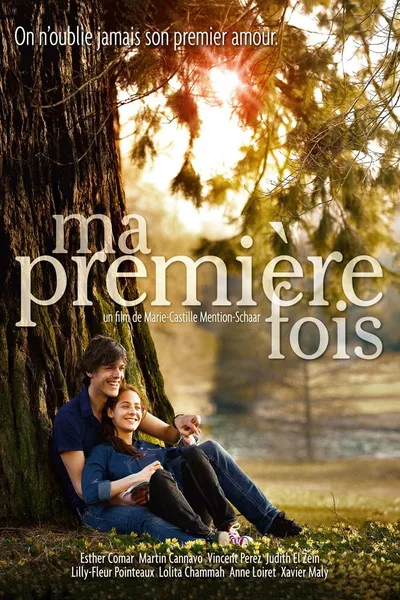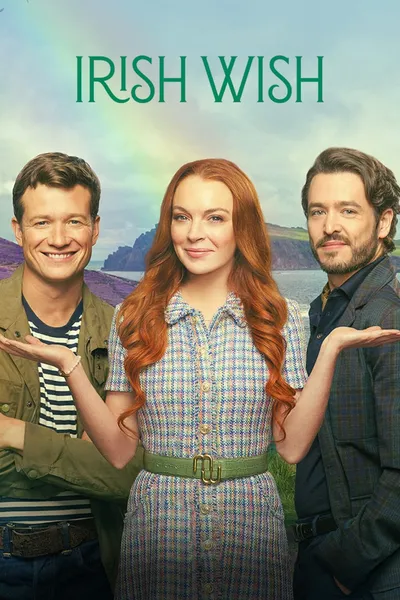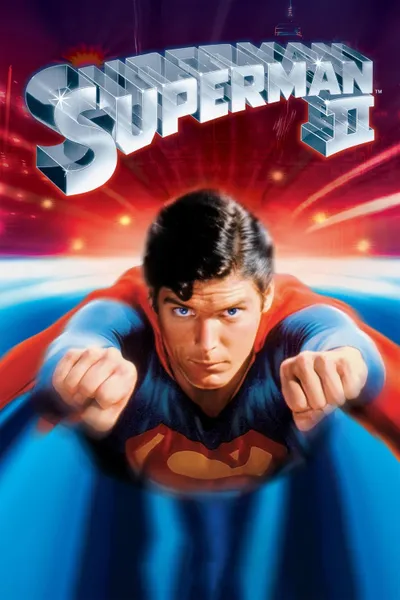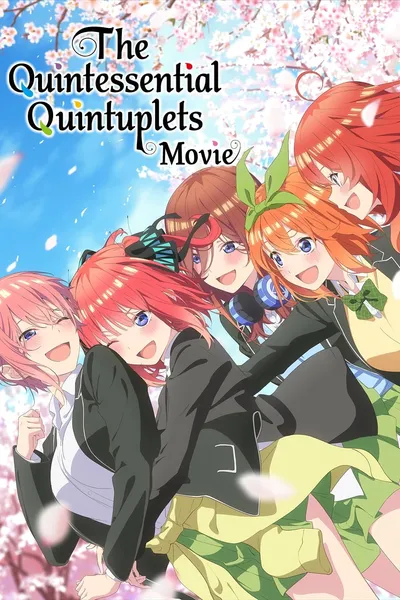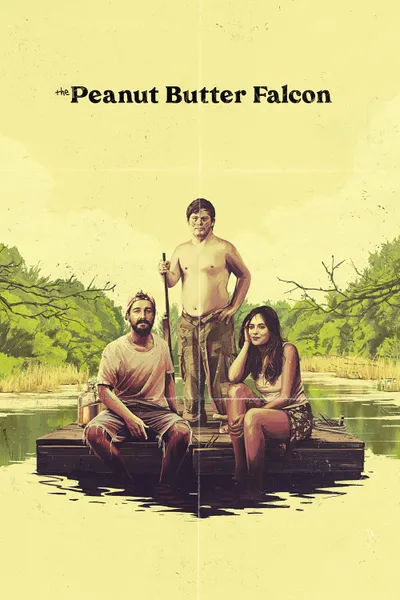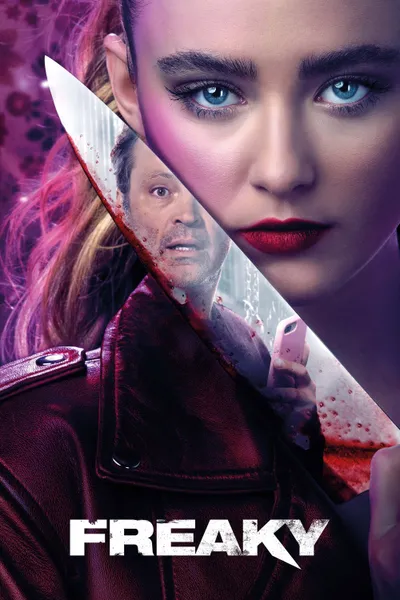Reviews

SWITCH.
September 3, 20206.0
Depending on your faith levels, your mileage will vary, but 'Fatima' is a handsomely filmed and respectful retelling of a true story, one that sees people still flocking to the site each year, over 100 years later, to try and see what those children saw.
- Jake Watt
Read Jake's full article...
https://www.maketheswitch.com.au/article/review-fatima-a-respectful-retelling-of-a-miraculous-story
Charles Tatum
July 15, 20237.0
Faith-based films are a very iffy genre. You can rarely fault the film makers for having their hearts in the right place, but on the other hand, many of those films are unwatchable. Many mainstream viewers dismiss Christian films, or any film they don't agree with, without seeing the work- or they review the beliefs and politics behind the film instead of the film itself, turning to personal insults of critics and audiences who give a film a chance (totally speaking from personal experience). Some Christians do likewise with films that offend their faith. "Fatima" is not a perfect film, but the story of the three children who saw the Virgin Mary in 1917 Portugal is obviously a lasting one.
Lucia (Stephaine Gil) and her cousins Jacinta (Alejandra Howard) and Francisco (Jorge Lamelas) are living during the Great War. Lucia and her mother (Lucia Moniz) await news about their brother and son, who is off fighting in a distant land. The town is overseen by a non-believing mayor (Goran Visnjic), who solemnly reads the names out loud in the town square of the area men who are killed or missing. The three children encounter an angel (Ivone Fernandes-Jesus), who tells them to pray for peace and to expect another visitation. While tending to their sheep, they encounter a mysterious woman (Joana Ribeiro) only they can see, and who visits them monthly. She tells them to pray for peace, stop insulting God, and gives Lucia three secret messages about the future which she shouldn't share with anyone. The children's story is bookended by a non-believing professor (Harvey Keitel) interviewing an adult Sister Lucia (Sonia Braga), a nun who still believes what she saw decades earlier.
I don't think you need to be Catholic to get something out of the film. So many parallels can be made between World War I-era Portugal and today. The film makers are very even-handed in their portrayals of Christians and non-Christians. The town mayor's wife is a believer. The local priest (Joaquim de Almeida) is skeptical, as is Lucia's own mother- who prays and serves God to make sure her son's name is never announced in the town square, but doesn't believe Lucia's story to the point of physical violence. As word gets out about the mysterious sightings, crowds gather and beg for healing, ripping up Lucia's father's (Marco D'Almeida) crops to make an offering to "The Lady of the Rosary." Lucia, and her cousins, begin to doubt what they saw as adults berate their stories as lies, but their faith in God makes them return to the field for their sightings and visions, culminating in the Miracle of the Sun.
Gil and Moniz are outstanding as Lucia and her mother. I wanted to get more from the Keitel/Braga scenes, but they trail off and aren't necessary to the central story. The film was shot in Portugal with an international cast, but there is an awkwardness with the English dialogue. Gil and Moniz are saddled with one too many scenes of domestic strife, but I did appreciate how Visnjic is not portrayed as an evil, villainous atheist. He's following orders from the government, while dealing with his wife and local issues. There are some intense scenes, using special effects to achieve the children's visions, but without turning this into a Marvel Cinematic Universe movie. I was tearing up a little bit when Ribeiro would speak, telling the children everything they needed to do to bring peace to the world. If we thought God was insulted back then, I can't begin to comprehend what is thought about today's culture- and I probably don't want to know.
Despite the awkward moments, "Fatima" is a rewarding experience. Faith-based and conservative films are on the rise as audiences are turning away from mainstream Hollywood and popular culture. Social media and smart phones are addicting, it's nice to break free and wake up.
Recommendation Movies
Happy Flight2008
Three Men in the Snow1955
The Chase1966
Sexo a la venta2022
The Endless Trench2019
Dragon Quest: Your Story2019
Caught by a Wave2021
Presencias2022
Crisis2021
The Electrical Life of Louis Wain2021
Father of the Bride2022
Mortal Kombat Legends: Snow Blind2022
My First Time2012
Senior Year2022
Irish Wish2024
Superman II1980
The Quintessential Quintuplets Movie2022
The Peanut Butter Falcon2019
Freaky2020
Jeepers Creepers: Reborn2022
© 2024 MoovieTime. All rights reserved.Made with Nuxt
